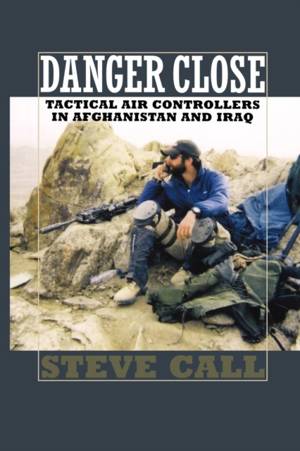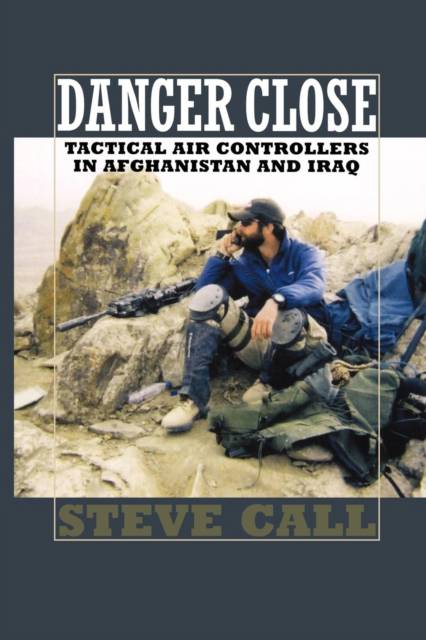
En raison d'une grêve chez bpost, votre commande pourrait être retardée. Vous avez besoin d’un livre rapidement ? Nos magasins vous accueillent à bras ouverts !
- Retrait gratuit dans votre magasin Club
- 7.000.000 titres dans notre catalogue
- Payer en toute sécurité
- Toujours un magasin près de chez vous
En raison de la grêve chez bpost, votre commande pourrait être retardée. Vous avez besoin d’un livre rapidement ? Nos magasins vous accueillent à bras ouverts !
- Retrait gratuit dans votre magasin Club
- 7.000.0000 titres dans notre catalogue
- Payer en toute sécurité
- Toujours un magasin près de chez vous
Description
"America had a secret weapon," writes Steve Call of the period immediately following September 11, 2001, as planners contemplated the invasion of Afghanistan. This weapon consisted of small teams of Special Forces operatives trained in close air support (CAS) who, in cooperation with the loose federation of Afghan rebels opposed to the Taliban regime, soon began achieving impressive-and unexpected-military victories over Taliban forces and the al-Qaeda terrorists they had sponsored. The astounding success of CAS tactics coupled with ground operations in Afghanistan soon drew the attention of military decision makers and would eventually factor into the planning for another campaign: Operation Iraqi Freedom. But who, exactly, are these air power experts and what is the function of the TACPs (Tactical Air Control Parties) in which they operate? Danger Close provides a fascinating look at a dedicated, courageous, innovative, and often misunderstood and misused group of military professionals. Drawing on the gripping first-hand accounts of their battlefield experiences, Steve Call allows the TACPs to speak for themselves. He accompanies their narratives with informed analysis of the development of CAS strategy, including potentially controversial aspects of the interservice rivalries between the air force and the army which have at times complicated and even obstructed the optimal employment of TACP assets. Danger Close makes clear, however, that the systematic coordination of air power and ground forces played an invaluable supporting role in the initial military victories in both Afghanistan and Iraq. This first-ever examination of the intense, life-and-death world of the close air support specialist will introduce readers to a crucial but little-known aspect of contemporary warfare and add a needed chapter in American military history studies. STEVE CALL is an assistant professor at Broome Community College in Binghamton, New York, teaching both American and military history. During his twenty-year career in the air force, Call held many command and staff positions, including liaison officer with the army, Pentagon staff officer, and squadron commander. His PhD in military history is from Ohio State University.
Spécifications
Parties prenantes
- Auteur(s) :
- Editeur:
Contenu
- Nombre de pages :
- 250
- Langue:
- Anglais
- Collection :
- Tome:
- n° 113
Caractéristiques
- EAN:
- 9781603441421
- Date de parution :
- 15-01-10
- Format:
- Livre broché
- Format numérique:
- Trade paperback (VS)
- Dimensions :
- 152 mm x 226 mm
- Poids :
- 453 g

Les avis
Nous publions uniquement les avis qui respectent les conditions requises. Consultez nos conditions pour les avis.






